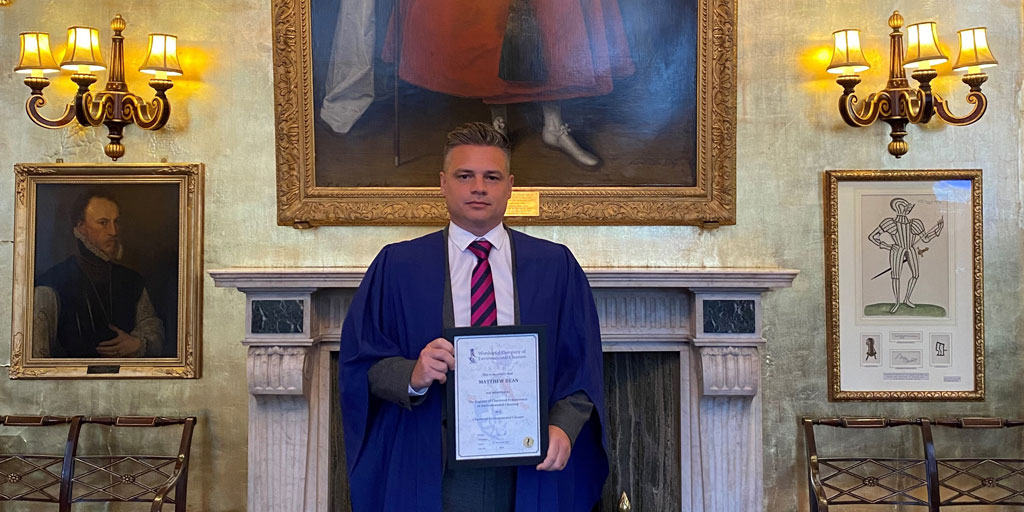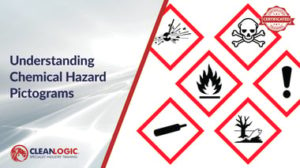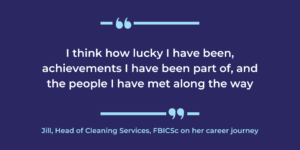Customer Support
 \
\
If you like working with people, problem solving and being involved with customers a career in customer support is ideal for you.
There are many roles open to you depending on your skills, working environment preference and your experience.
Where do you want to be?
Customer Support careers: What’s involved
Customer support may also be called Customer Service and covers roles working with people by phone/chat in call centres, face to face customer engagement, administration along with managing teams.
Customer support is often the first contact potential customers have with a company so you will be required to work with people you are in contact with, understand the sector you work within and know the products or services your employer provides.
The role is about providing guidance, support and resolving queries to help customers decide on products and services whilst giving customers a positive experience and maintaining company brand credibility.
How much money can you earn as a Customer Support?
These LMI Job Trends give you a sneak peek of how much you could earn starting out for this career, and how much your salary could grow with experience.
Engineering project managers and project engineers
Weekly Pay 960 | Annual Pay 49,920 |
Hours/Week 41h | Hourly Pay 23 |
Workforce Change (projected)
Growth 11.1% |
The workforce is projected to grow by 11.1% over the period to 2035, creating 5,900 jobs.
You might find this job in
- Architectural & related
- Other trans. equipment
- Wholesale trade
- Construction
- Motor vehicles, etc
| More info | Clear card |
Salary guide for Customer Support jobs
When considering a role in Customer Support there are many factors that will impact on the salary you can earn.
The seniority/responsibility of the role, geographic location of the company in the UK or internationally, the hours you work and the experience you have will all impact the salary.
Starting salary for a 35 – 40 hour week in an office-based Customer Support role typically starts around £20,000 (per annum) and for a more experienced manager £35,000 (per annum), the average pay would be £28,000 (per annum).
Cleaning and facility management career FAQs
In many cleaning operative roles, you do not require any formal qualifications to become a cleaning operative. Having a certain level or numeracy and language skills may help you get hired by employers. It’s useful to have GCSEs in grades 9-4 (A*-C) in English, maths and a science subject. Many employers in the cleaning industry will help you gain these qualifications if this is something you are interested in pursuing!
You might already have an academic qualification like a degree, or be thinking of doing one. Amelia did a theatre degree and is now very happy in the cleaning industry, so you can still shine in the world of cleaning if you do the qualifications you feel passionate about!
To progress your role more speedily, or, to gain insight into these fantastic roles, why not take a look at some of the great training offerings that are out there?
Some examples include:
- BICSc Licence to Practice Qualification
- Certificate in Cleaning and Support Services Skills
- Certificate in Cleaning Principles (RQF)
You can find out more with the British Institute of Cleaning Science.
You can also try out these amazing FREE certified courses to build your CV!
Assistant Technical Specialist Kelsey Hargreaves is a young person who has got far in the world of cleaning, hygiene and facility management. She shares her top reasons for getting into the world of cleaning after university, and her reasons might inspire you too:
- I wanted to help create safer environments
- I wanted to help give people opportunities
- I enjoyed working alongside hard working people
- I wanted a career in an industry that was trying to solve environmental issues
- I wanted a career where I could develop
- I wanted to work in an industry that was diverse and vibrant
- I wanted a career where I would be listened to
Domestic cleaning used to be called the ‘invisible industry’ but times are changing because it is such a huge market. It is now getting the benefit of more attention, better resources, and more support and development for your career.

Becoming a Chartered Practitioner in Environmental Cleaning involves one of two routes and is great recognition of your achievements in the industry as you grow in experience.

If you’re wondering just how big the UK cleaning industry is – and who can help you get ahead – then check out this megalist of organisations in the sector and how they can help you get ahead.

Skills you need to become a Customer Support
Being a Customer Support requires quite a few different skills, a mixture of analytical and practicable skills.
Useful skills to put in your CV:
Working in Customer Support often requires you to think on your feet as you can’t predict what the next caller, email or person you are speaking with will ask you so you will need to be flexible.
Relationship building and rapport, being approachable and friendly may seem obvious for a people facing role, but people really do respond better if they feel relaxed and comfortable talking to you.
Key to role is strong written and verbal communication skills, to be patient and actively listen to what the customer is asking and reply with a response in a clear and concise way that answers the question or query.
Empathy to see the customers point of view, especially if there is a query, question or problem about a product or service they have received from your employer.
Problem solving, being able to identify a problem and provide a mutually appropriate solution to the customer.
Managing phones, emails and face to face customers will require you to have time management skills to ensure you complete your required tasks in a timely manner.
It may not always be practical or possible to give the customer the outcome they want, and you may experience negativity from customer, manage their expectations, and stay focused on being professional and on what you can offer to give customer a positive experience.
Technology aware as you will need to be competent working with telephone systems, computers, tablets and the associated operating systems and software.
Customer Support is a role within a team, and you need to be a team-player working with others to meet your employers objectives.
Leadership skills will be required if you are a manager as you will be responsible for training, assisting and guiding your team in the role they undertake.
Remember you are supporting the customer, but you must work within the policies and procedures of your employer.
Top Skills-boosting Tips
Do some personal research into how the cleaning industry puts a big focus on safety, health and the environment.
They are all really important in the world of cleaning!
How Do You Get These Skills?
Vocational qualifications and work experience will help you build these skills over time.

Build Your Skills With the FREE Young Professional Programme
What Qualifications & Training Do You Need For Customer Support Careers?
There are three main pathways you could explore if you want to become a Customer Support: apprenticeships, university, and working your way up.
Apprenticeships
Qualifications and experience will be determined by the employer depending on the roles they have within their organisation.
There are no formal qualifications to enter this area of work, but most employers will value a good level of education which may include good GCSE or equivalent in English and Mathematics.
Qualifications can be obtained through attendance at your local college or through self-enrolment on-line courses.
City & Guilds offer access to their own qualifications along with NVQs.
The Institute of Customer Service also offer professional qualifications.
What Work Experience Do You Need For Customer Support Jobs?
When looking for a job it is always best to research the role to gain an understanding of what is involved with the job, details will be contained in the job advertisement, and you can research on the internet or by speaking to people you know. Don’t forget to research the company advertising the job so you can see if this is an area you are familiar with or need to know more about to tailor your job application.
Working experience may be helpful for the role but the attitude you have is as important, being friendly, approachable, willing to listen and learn will help you gain experience and learn how to do the role in accordance with company guidelines and alongside your colleagues.
What Does A Customer Support Do?
You will be part of a vibrant and diverse industry that works tirelessly every day to help keep people in safe and hygienic environments! Your specific job requirements may change depending on what part of the industry you work in!
In all parts of the industry you can expect to:
- Representing your employer as first point of contact.
- Knowing the products and services available.
- Offering guidance and support to customers and colleagues.
- Being flexible, practical, realistic and able to solve problems.
- Working with customers, suppliers and colleagues.
- Keeping records up to date.
- Identify training and development needs.
How To Find Customer Support Jobs: Next Steps
Identify what role you would like to have, telephone/face to face, business areas that interest you and companies where you might like to work. Think of everywhere you receive customer support:
- Call centre agent
- Cashiers
- Customer Support Representative
- Customer Support Supervisor
- Customer Support Manager
- Account Manager
- Receptionists
- Customer Service Assistant
- Membership Specialist
- Logistics Advisor
- Customer Support Advisor
Companies advertise job vacancies in a number of ways:
- Company websites
- Internet – Google for Job
- Employment agencies – Indeed, Reed, Glassdoor, Totaljobs, CV-Library, Hays, Blue Arrow
- Social media – Linkedin, Sociallyrecruited, Facebook, X (formally Twitter)
You can take a look at our database of local opportunities to see if there are any relevant jobs, work placements, or careers events and workshops to help you get started.
Get Into Cleaning Careers With Caring Employers
These employers and organisations are here to help. They care about your potential and desire to learn, not just your qualifications and experience. They may be able to offer traineeships, apprenticeships, graduate schemes, first jobs, careers advice, wellbeing support and much more.
Cleaning and Facility Management Career Tips & Opportunities
Careers in Cleaning - Your Stories
Cleaning and Facility Management Career Guides
View job descriptions with average UK salary, useful qualifications and a variety of routes into this career.
See All Our Caring Employers

























YES! I Want More Free Careers Help...
So what are you waiting for? Grab your future.










































